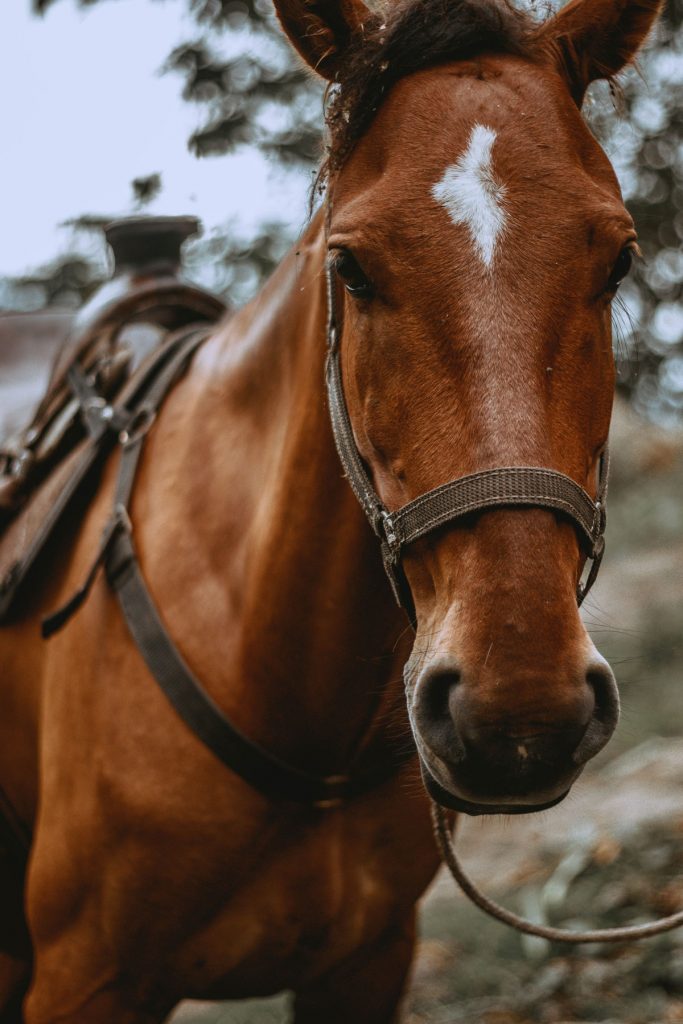When people speak of a horse’s heart, they’re not usually referring to the actual organ itself. If a horse has heart, we often mean that he/she has some intangible and admirable quality such as exceptional athleticism, gentleness, or stoicism. Interestingly enough, in Traditional Chinese Medicine (TCM), the heart is believed to house the spirit or shen of an animal, which is revealed through the eyes. For me, this is easy to understand because when it comes to horses, the eyes seem to tell us much.
Since February is Heart Health Month, I thought it would be fun to share some interesting facts about the horse’s heart—both from a Western medical and Chinese medical standpoint. After all, the equine heart has the remarkable ability to pump blood throughout such a large body, not only during periods of rest, but during the extraordinary feats that we often ask our horses to perform. It’s truly an amazing organ!
Fun facts:
- An adult horse’s heart weighs approximately ten pounds and is about the size of a large melon.
- The average resting heart rate in a well-conditioned horse is typically between 32-40 beats per minute; however, at a full gallop, the heart rate can exceed 240 beats per minute.
- In an adult horse at rest, the output of each ventricle is about 7-10 gallons per minute (25 to 40 liters).
- Horses generally have excellent heart health due mainly to their herbivorous diet.
- Contrary to widespread belief, horses seldom suffer from heart attacks.
- Horses do occasionally suffer from heart disease, though, and this risk increases with age.

When we speak of the heart in TCM, we’re often referring to the heart meridian, an energetic pathway in the body which is associated with the organ, itself. So with that in mind, here are a few more facts regarding the heart meridian as viewed by TCM :
- The heart regulates the nervous system, calming the mind and helping to balance emotions.
- The heart also regulates heat in the body, as well as sweat.
- The emotion most associated with the heart is joy.
- Due to its importance, the heart has a protector –the Pericardium.



